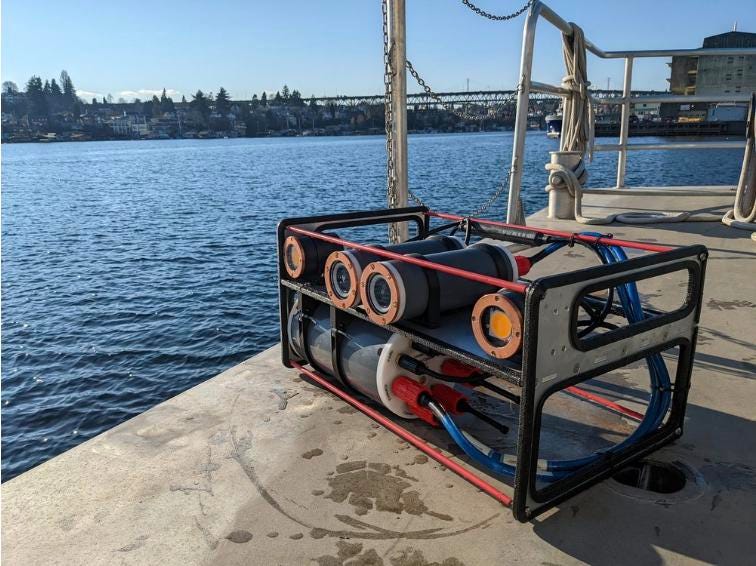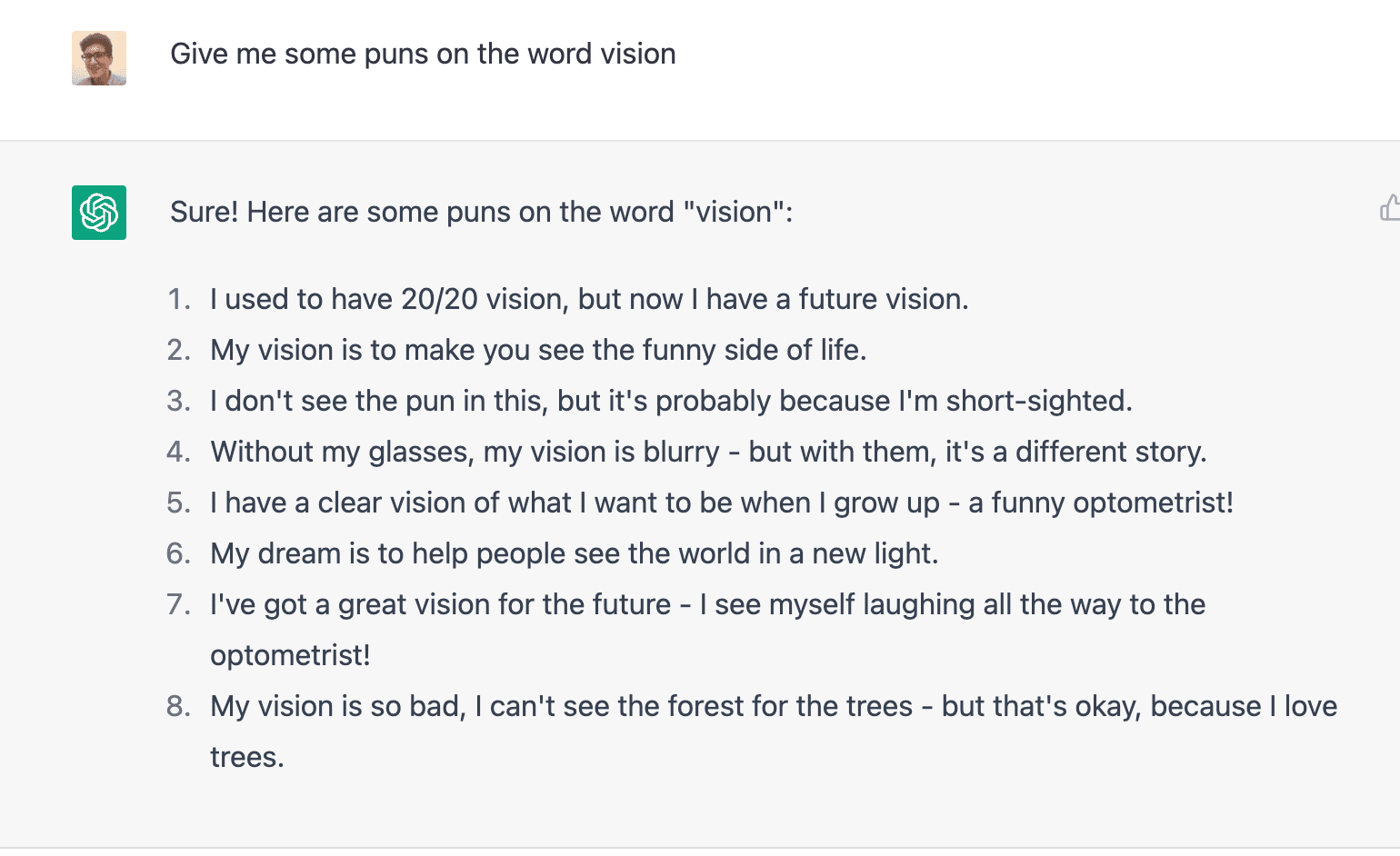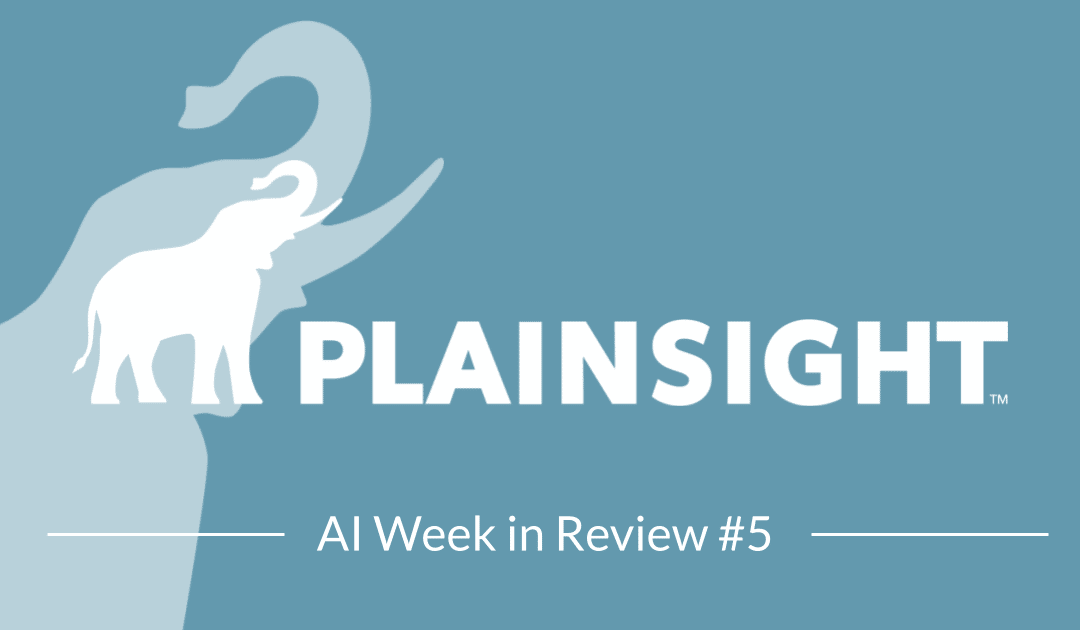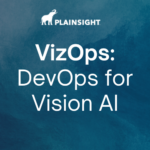This week in AI and ML news: ChatGPT introduces a tool for detecting AI-generated content, Plainsight makes an appearance in Forbes, and more.
Plainsight in the News

There are few bigger names in journalism than Forbes and we’re excited to share that Jeff Kart has profiled Plainsight in an article detailing our partnership with MarineSitu and the potential for computer vision to address broad sustainability initiatives both on land and underwater. Visit Forbes to read the full article and learn more about how underwater monitoring is protecting marine populations, how pest detection models are supporting farmers around the globe, and more.
Last week, we shared the first installment of a four-part interview with our Co-Founder and CPO, Elizabeth Spears, and Jessica Hunt from Environment and Energy Leader. Kicking off E+E Leader’s new C-Suite Series, the discussion touched on Plainsight’s origins and the value of a human-centric approach to AI. This time around, the conversation highlights topics including computer vision’s powers for eliminating food waste and our ongoing project to develop the kitchen of the future. Check it out and stay tuned for parts 3 and 4.

AI News
AI Reports a Grim Climate Change Forecast
A new study leveraging AI analysis and published in Proceedings of the National Academy of Sciences offers a dismal prediction that the world will cross a critical climate threshold in just 10 to 12 years. The Paris climate agreement finalized in 2015 saw world governments recognize warming of 1.5 degrees celsius (2.7 degrees Fahrenheit) as a critical inflection point and begin taking action to slow climate change. This week’s study has reopened debates about whether these efforts can possibly succeed. Kim Cobb, director of the Institute at Brown for Environment and Society, went so far as to suggest, “this paper may be the beginning of the end of the 1.5C target.” NPR notes, however, that some climate scientists still hold that the ambitious goal is achievable.
Leveraging machine learning, the study’s two co-authors found that Earth would likely exceed 1.5-degree warming between 2033 and 2035, even with significant cuts to emissions. More likely, the study suggests, the population will struggle to avoid hitting the two-degree mark. Even the low-pollution scenarios presented in the report suggest the planet will heat by two degrees as soon as the 2050s. These findings paint a far darker picture than a 2021 report from the UN’s Intergovernmental Panel on Climate Change. That report concluded that low-pollution scenarios could stave off that level of warming until the 2090s. Learn more about what the report could portend for the discussion around climate change and check out our blog for details on the ways computer vision is promoting sustainability.
Google Mounts a Response to ChatGPT
Generative AI solutions like ChatGPT are only in their adolescence, but they’ve already forced tech world veterans to take notice. Even Google, the undisputed champion of the search engine space, reportedly declared a “code red” to kickstart a response. Reports from inside Google offer details on efforts to develop an AI chatbot known as Apprentice Bard.
Developed using Google’s LaMDA technology, Apprentice Bard beats ChatGPT in one respect already. ChatGPT has limited ability to comment on recent events, but Google’s answer can apparently converse and reflect on the news of the day. An internally-circulated conversation with the solution shows its thoughts on recent layoffs at Google. Google is also said to be testing alternative home pages, some of which replace its ‘I’m Feeling Lucky’ button with chat prompts. While such reports offer scant details and the situation is developing, there is no doubt Google and its peers will begin offering their answers to OpenAI’s solutions soon. Read more details from CNBC.
OpenAI Introduces Tool to Detect its Creations
From engineers at tech giants to lowly content marketers like me, professionals in every field have taken notice of generative AI. For many, it’s no longer a question of if AI will transform their jobs, but when and to what extent. Amid fears that increasingly capable content-generating solutions could open the doors to rampant cheating, the academic community has been forced to mount a rapid response.
Teachers – or anyone else looking to identify machine-generated text – are now getting a little help from the team behind ChatGPT. OpenAI has introduced a free AI Text Classifier. Prompted with up to 250 words of text, it predicts how likely it is that the text was written by ChatGPT or competing solutions. How does it perform? According to Gizmodo, not so well. Even OpenAI admits the tool is flawed, often presenting both false positives and false negatives.
OpenAI also announced a new subscription model for ChatGPT users this week. ChatGPT Plus will offer priority access to new features, access during peak times, and more starting at $20/month. The organization has indicated they may soon introduce a multi-tier subscription model.

It may be a while before you need an AI-detection tool to spot a solution’s attempts at humor.
About Plainsight Technologies
Plainsight dramatically reduces the cost and complexity of AI-powered computer vision across many verticals and enterprise use cases, including manufacturing, retail, food service, theft, and more. As companies automate their operations with AI and Agents, Plainsight brings vision capabilities to watch and analyze events in the real world and generate structured data for analytics and reporting. Headquartered in Kirkland, Washington, Plainsight Technologies operates as a distributed team, delivering cutting-edge solutions worldwide. To learn more, visit plainsight.ai.




